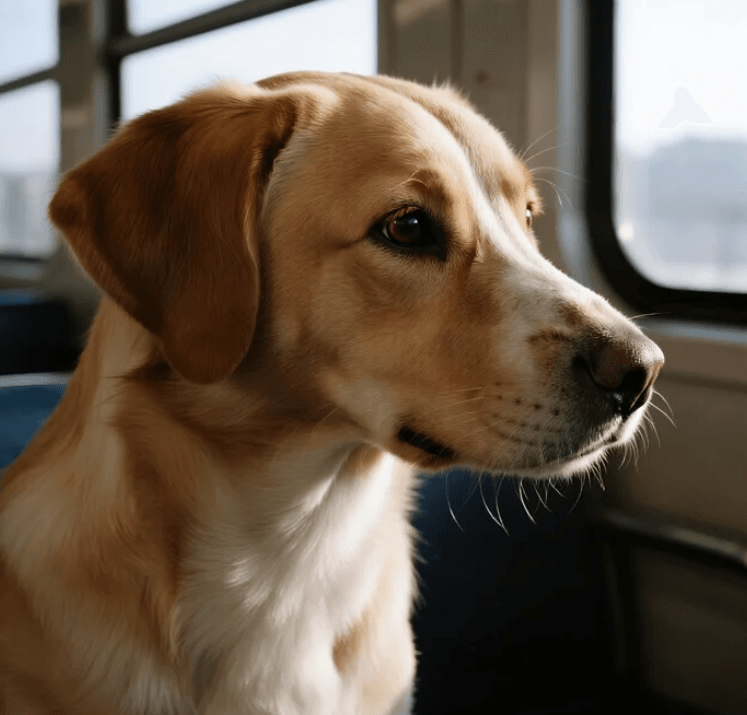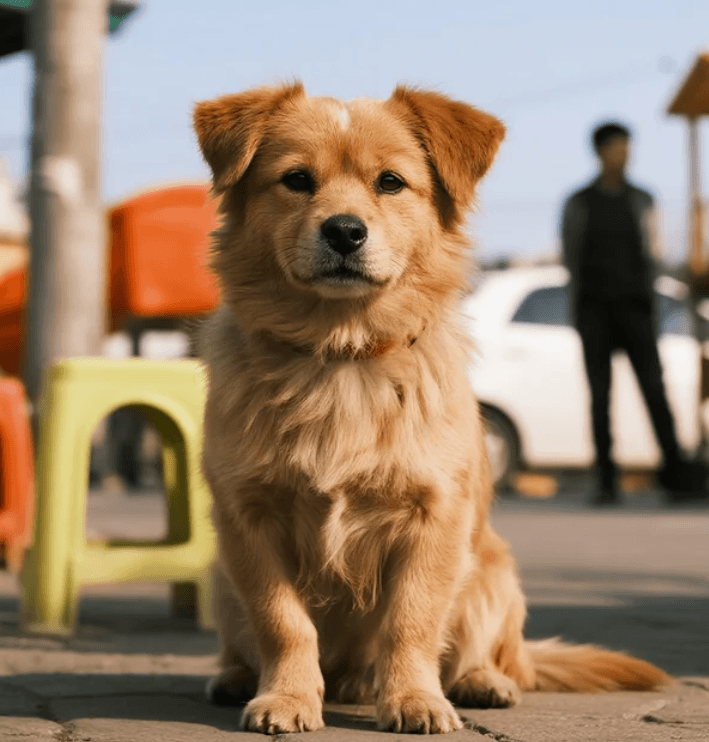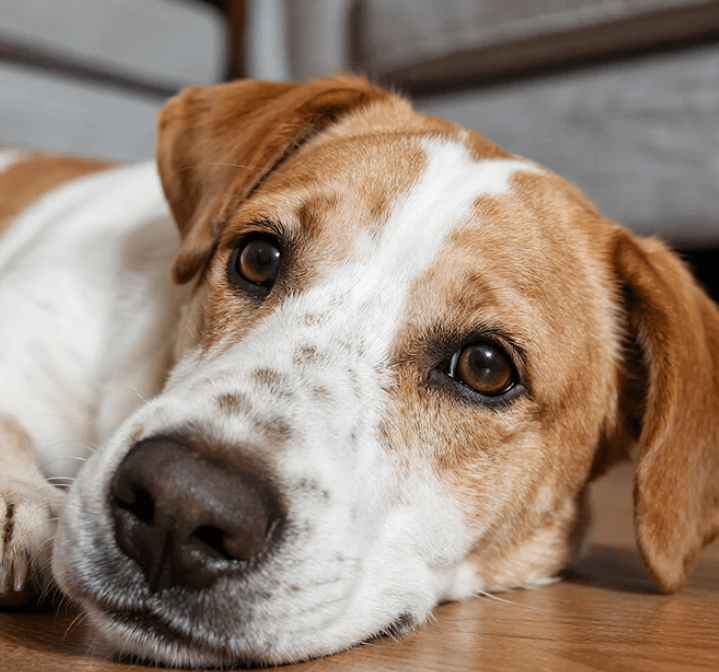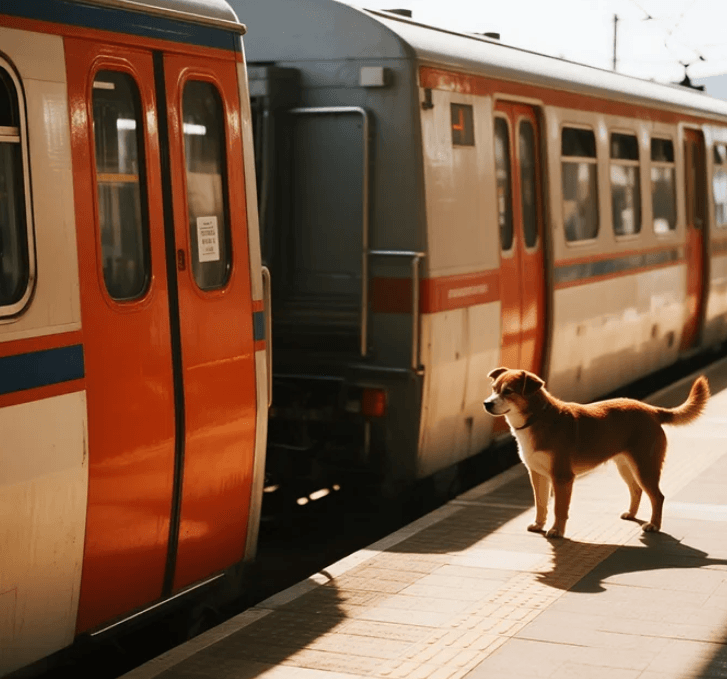How Long Does It Take to Potty Train a Dog? Complete Guide | BarkTok

Understanding the Potty Training Timeline
Potty training is one of the first and most important lessons you'll teach your dog. While every dog learns at their own pace, most puppies take between 4-6 months to become fully house trained.
Adult dogs may learn faster, typically within 2-4 weeks, especially if they've had some previous training.
Factors That Affect Potty Training Duration
- Age: Puppies under 12 weeks have limited bladder control
- Breed: Some breeds are quicker learners than others
- Consistency: Regular schedules speed up the process
- Previous living conditions: Shelter dogs may need extra time
- Training methods: Positive reinforcement works best
The Typical Potty Training Stages
Stage 1: Initial Training (1-4 weeks)
During the first month, you'll establish a routine of frequent bathroom breaks - typically every 1-2 hours for puppies. This is when you'll see the most accidents but also the first signs of understanding.
Stage 2: Consistency Building (1-3 months)
Your dog begins associating outdoor spaces with bathroom time. Accidents become less frequent but may still occur during excitement or schedule changes.
Stage 3: Reliability (3-6 months)
Most dogs can hold it longer and signal when they need to go. Occasional setbacks may happen, but your dog understands the basic concept.
How the BarkTok App Can Accelerate Your Potty Training Success
Struggling with potty training? The BarkTok App provides AI-powered guidance tailored to your dog's age, breed, and progress. Our smart features include:
- Personalized potty break schedules based on your dog's age and habits
- Behavior tracking to identify patterns and predict bathroom needs
- Step-by-step video tutorials for effective training techniques
- Real-time advice from certified trainers when you encounter challenges
- Progress tracking to celebrate milestones and stay motivated
With BarkTok's intelligent reminders and expert-backed methods, many users report reducing potty training time by up to 30% compared to traditional approaches.
Expert Tips to Speed Up Potty Training
1. Establish a Consistent Routine
Take your dog out at the same times daily - first thing in morning, after meals, and before bedtime. Puppies typically need to eliminate:
- Within 5-30 minutes after eating
- After waking from naps
- After play sessions
2. Use Crate Training Effectively
Dogs naturally avoid soiling their sleeping area. A properly sized crate helps them develop bladder control while keeping your home clean.
3. Implement Positive Reinforcement
Immediately reward successful outdoor elimination with treats and praise. Avoid punishment for accidents - it creates anxiety that can prolong training.
4. Learn Your Dog's Signals
Common signs include sniffing, circling, whining, or suddenly leaving the room. Puppies may give only 5-10 seconds warning.
When to Expect Full Reliability
While most dogs understand the basics within a few weeks, complete reliability typically takes:
| Dog Age | Average Time to Full Reliability |
|---|---|
| 8-12 weeks | 4-6 months |
| 3-6 months | 2-4 months |
| Adult dogs (1+ years) | 2-6 weeks |
Remember that "fully trained" means fewer than one accident per month, not perfection. Even well-trained dogs may have occasional slips due to illness, stress, or routine changes.
Troubleshooting Common Potty Training Challenges
Frequent Accidents
If your dog isn't making progress after 2 weeks, reassess your schedule. You may need more frequent bathroom breaks or a veterinary check for urinary issues.
Regression in Training
It's normal for dogs to backslide during adolescence (6-12 months) or after life changes. Return to basic training for a refresher.
Submissive or Excited Urination
Some dogs leak urine when greeting or during play. This requires specialized training approaches beyond standard potty training.
Final Thoughts: Patience and Consistency Are Key
Potty training duration varies widely, but with proper techniques and tools like the BarkTok app, you can streamline the process.
Celebrate small victories and remember that setbacks are normal. The investment in thorough potty training pays off with years of clean floors and a happier human-canine relationship.
 Related Articles
Related Articles





